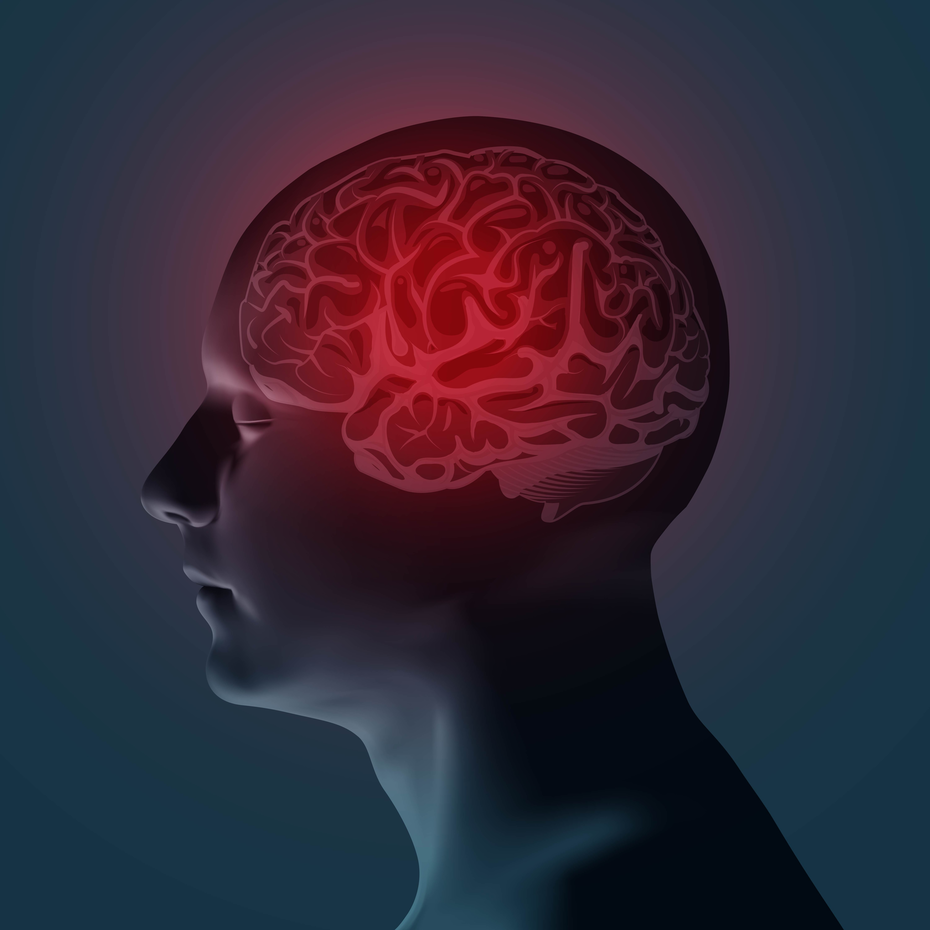Article
Deutetrabenazine Able To Limit Tardive Dyskinesia Effects
Author(s):
The treatment reduced abnormal movements in patients, according to a study.

A treatment commonly reserved for Huntington’s disease symptoms has been found to reduce the abnormal movements found in patients with Tardive Dyskinesia (TD).
The results of a recently-published study found that deutetrabenazine — an altered form of tetrabenazine, a drug used to treat chorea in Huntington’s patients – is a well-tolerated treatment for TD that “significantly reduced abnormal movements” in participating patients.
Leading author Hubert Fernandez (pictured), MD, Professor of Medicine at the Cleveland Clinic Lerner College of Medicine, and a team of researchers tested deutetrabenazine’s utility for TD on 117 patients. Each of the patients was diagnosed with moderate to severe TD prior to the study.
As a result of their condition, the patients had an Abnormal Involuntary Movement Scale (AIMS) score of 6 or greater — which researchers held as a conditional standard for subjects. The AIMS scores were assessed by blinded central video rating, stable psychiatric illness, and stable psychoactive medication treatment, according to the study.
The intent of the study was to give patients either deutetrabenazine or placebo treatment for 12 weeks, before reassessing their AIMS score, and their treatment success on the Clinical Global Impression of Change (CGIC) and Patient Global Impression of Change.
Due to withdrawals, 104 patients completed the 12-week trial — 52 receiving the treatment, and 52 receiving placebo. A difference between the two groups’ AIM scores was noted as a soon as week 4 of the trial, according to the study, and concluded in week 12 with evidence that deutetrabenazine “significantly reduced AIMS scores from baseline.”
The study also reported a less significant success rate on CGIC improvement for treatment patients compared to placebo patients — 48.2% versus 40.4%. The treatment trial also reported low side-effect rates of anxiety, depression, suicidal ideation – each under 3.5%.
Though deutetrabenazine reported successful treatment rates, the study’s authors were surprised by the AIMS rating-based response from placebo patients.
Researchers surmised that it may be attributed to the patients’ expectation of improvement due to “the titration design and frequent clinic visits, compounded by the variability over time of TD, which is often not consistently manifested and is very susceptible to external factors such as stress, time of day, and intake of psychotropic medications.”
Successful treatment for TD has been notably limited, but early still in its development. The US Food and Drug Administration (FDA) approved valbenazine last month — making it the first drug approved by the FDA to treat the neurological disorder.
Researchers are still working to uncover why particular antipsychotic medication patients develop TD. While the Fernandez-led study does not delve into TD’s origin, it provides another possible method of treatment for future patients.
“This study provides Class I evidence that deutetrabenazine may serve as a well-tolerated treatment for abnormal movements in TD, particularly in patients in whom disruption of treatment for underlying psychiatric conditions may not be an option,” the study reads.
The study, “Randomized controlled trial of deutetrabenazine for tardive dyskinesia: The ARM-TD study,” was published in the online journal of Neurology.
Related Coverage:
FDA Approves First Drug to Treat Neurological Disorder Tardive Dyskinesia





